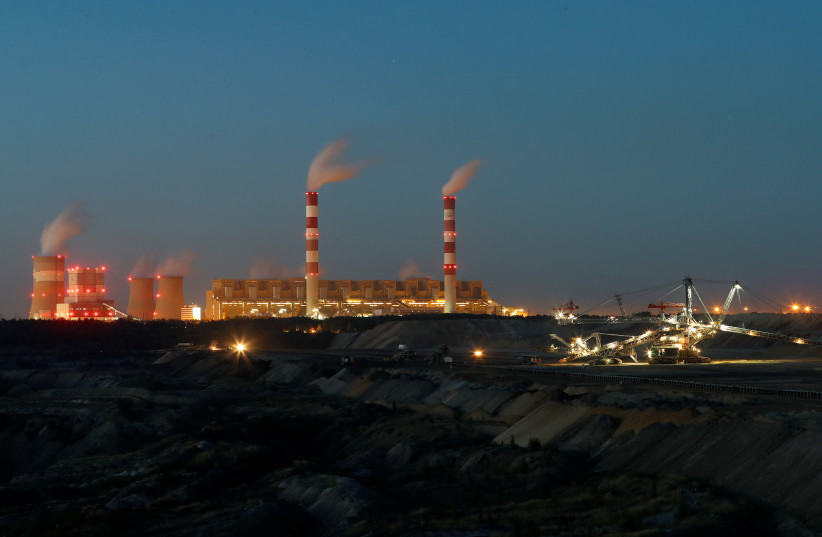Researchers from Nicolaus Copernicus University in Poland, SWPS University of Social Sciences and Humanities in Poland, and the University of Waikato in New Zealand have found that national narcissism could be a barrier to implementing pro-environmental policies.
In a paper published this month in PLOS Climate, the team evaluated whether forms of national identity are related to attitudes toward climate change mitigation policies, pro-environmental measures and alternative energy sources. Two separate but related studies found that “national identity plays a crucial role in shaping public attitudes toward the natural environment and readiness to support environmental and climate change policies.”
The researchers examined two primary forms of social identification: national narcissism and secure national identification.
What is national narcissism?
National narcissism, according to the paper, “is a belief that one’s national group is exceptional and deserves external recognition underlain by unsatisfied psychological needs.” In contrast, secure national identification “reflects feelings of strong bonds and solidarity with one’s in-group members and sense of satisfaction in group membership.”

National narcissists are defensive and require external validation, the researchers explain. It is often linked to blind patriotism and a belief in national superiority.
“Collective narcissism is largely based on comparing myself with other groups,” lead author Adrian Wójcik, associate dean for research and chair of psychology for the Faculty of Humanities and Social Sciences at Nicolaus Copernicus University, told The Jerusalem Post. “It is a desire for my group to have some special status among others.”
He said that national narcissists tend to be more concerned about maintaining a positive image of their group than the actual well-being of the group. In the case of environmental protection, therefore, the team hypothesized that what is done for the environment would be less critical to collective narcissists than how what they are doing is seen by others.
Past studies showed that national narcissism was positively linked to support for anti-environmental policies and climate change skepticism and negatively correlated to support for genuine pro-environmental policies.
“Indeed, those high in national narcissism even prefer political greenwashing over genuine pro-environmental actions,” the report said.
Wójcik’s team conducted two surveys of more than 1,000 people in Poland. The researchers were most interested in who was more willing to invest in alternative energy sources and who supported climate policies related to the European Green Deal. One study showed that “while secure national identity is positively related to support for developing renewable sources of energy and the Green Deal policy agenda, national narcissism is positively related to support for fossil fuel energy (and vice versa).”
The second study found that collective narcissists’ support for pro-environmental policies depended on the amount of funding spent to enhance the country’s green image. In contrast, those with secure national identification have sought financing for pro-environmental efforts.
“Numerous studies found that national narcissism is linked to support for public policies that are perceived as enhancing the national image, especially in the international arena, even at the expense of increasing or creating health risks for compatriots,” the report said.
Wójcik added that collective narcissists are also less likely to support the environment, because most environmental aims and efforts come from outside their group, such as those imposed by the European Union or the United Nations. He said collective narcissists have even been known to support “anti-environmental policies just to emphasize the group’s right to self-determination and sovereignty.”
The study is especially relevant in the EU, as it aims to achieve fossil fuels independence and become climate neutral. The European Green Deal aims to “reduce European emissions, address energy poverty, reduce external energy dependency, as well as create jobs and improve the well-being and health of both current and future generations,” the paper said.
However, the study is relevant to all countries, Wójcik said, highlighting the need to consider psychology when introducing pro-environmental policies.
“Solidifying popular support for pro-environmental policies depends on tackling the motives underlying national sentiments,” the authors wrote.
The Environment and Climate Change portal is produced in cooperation with the Goldman Sonnenfeldt School of Sustainability and Climate Change at Ben-Gurion University of the Negev. The Jerusalem Post maintains all editorial decisions related to the content.
